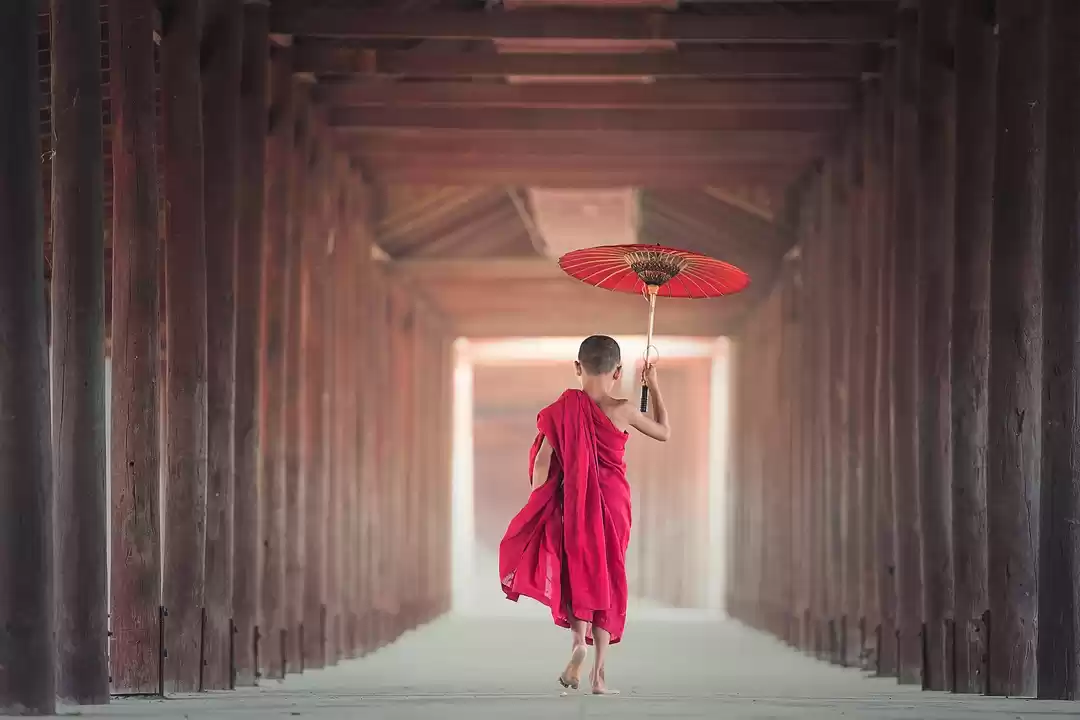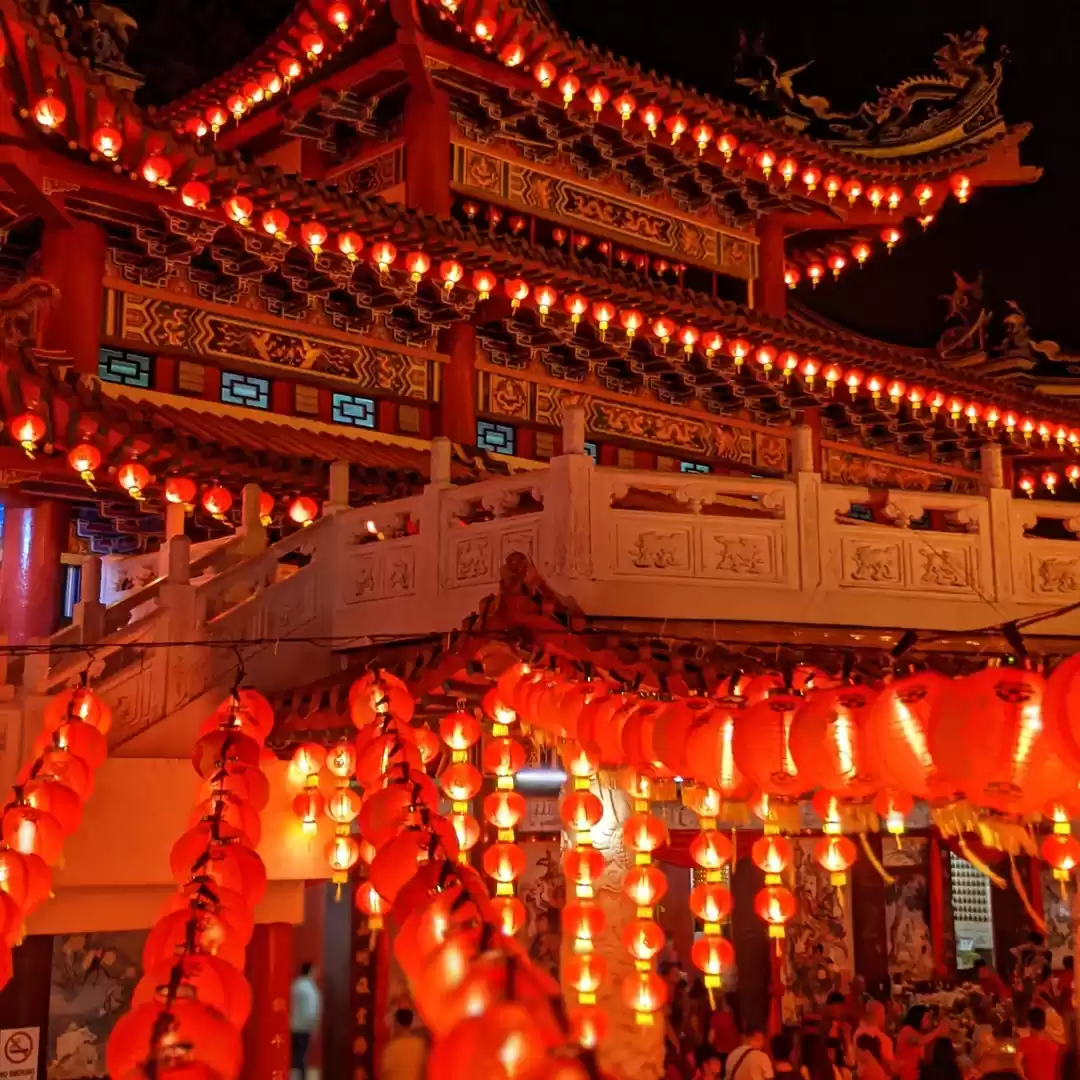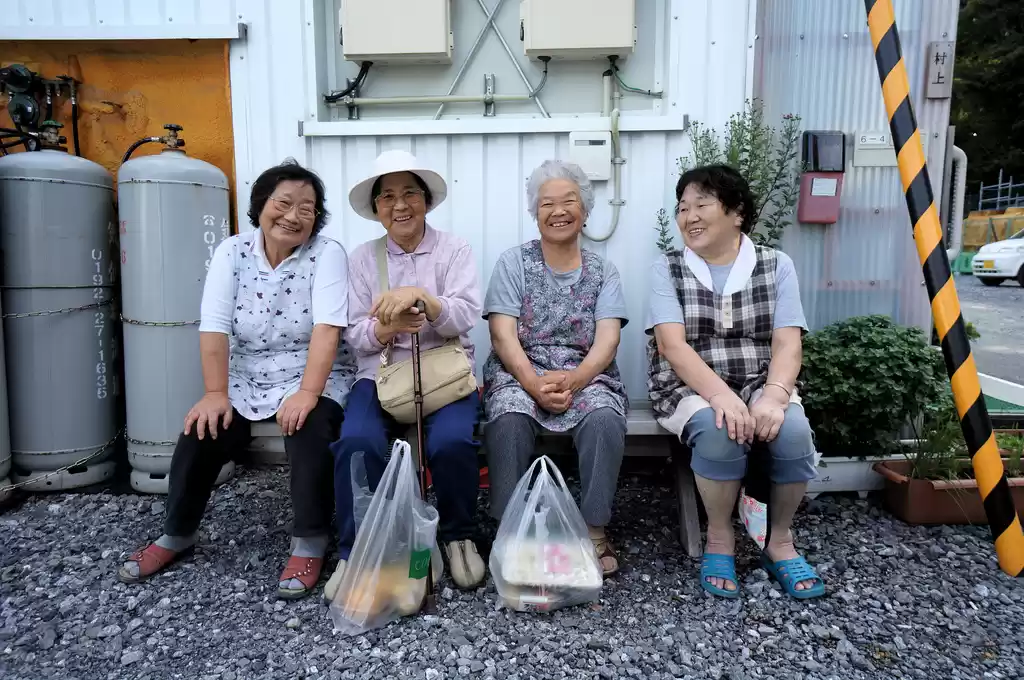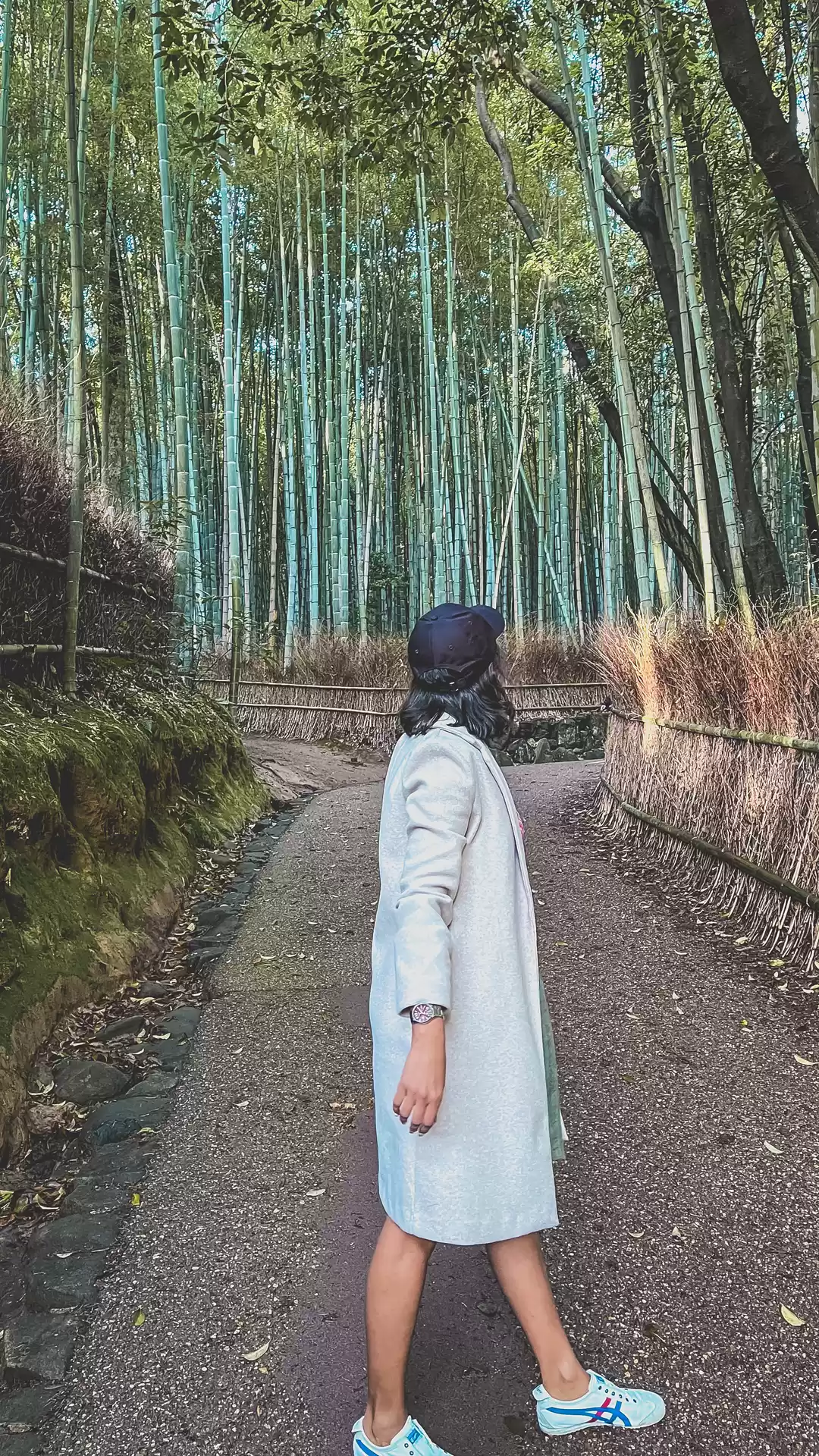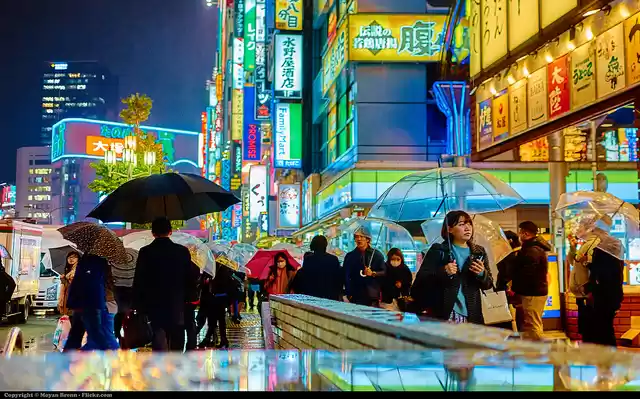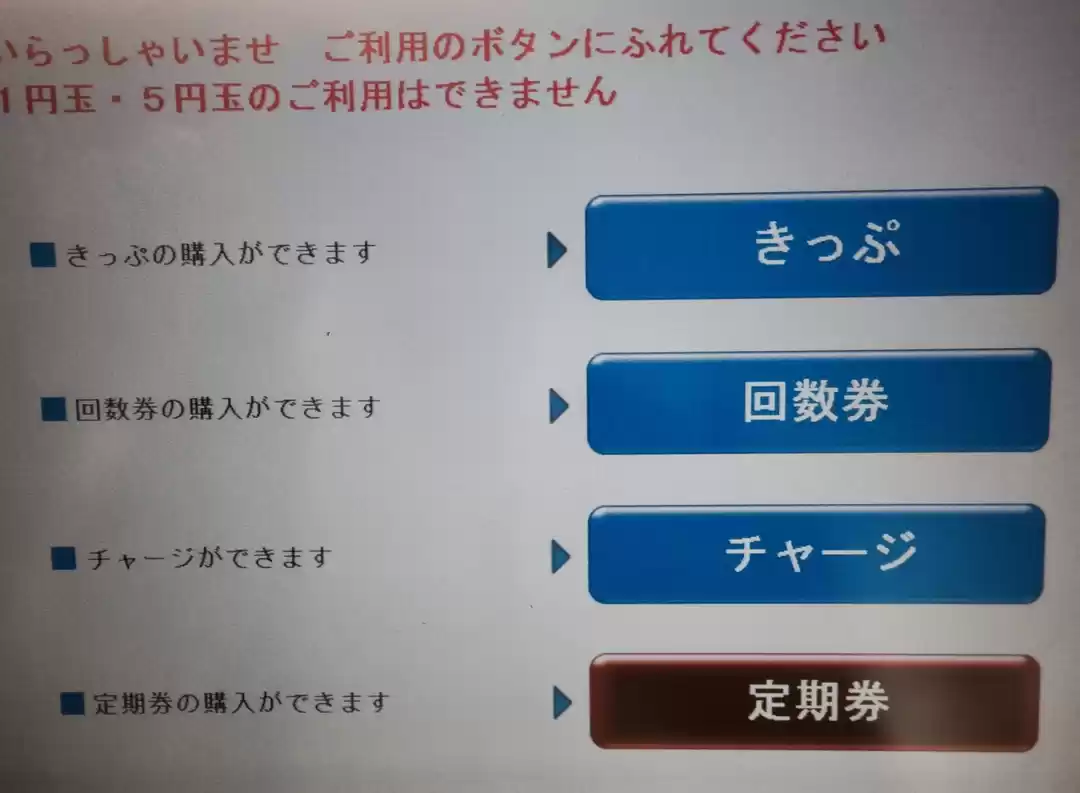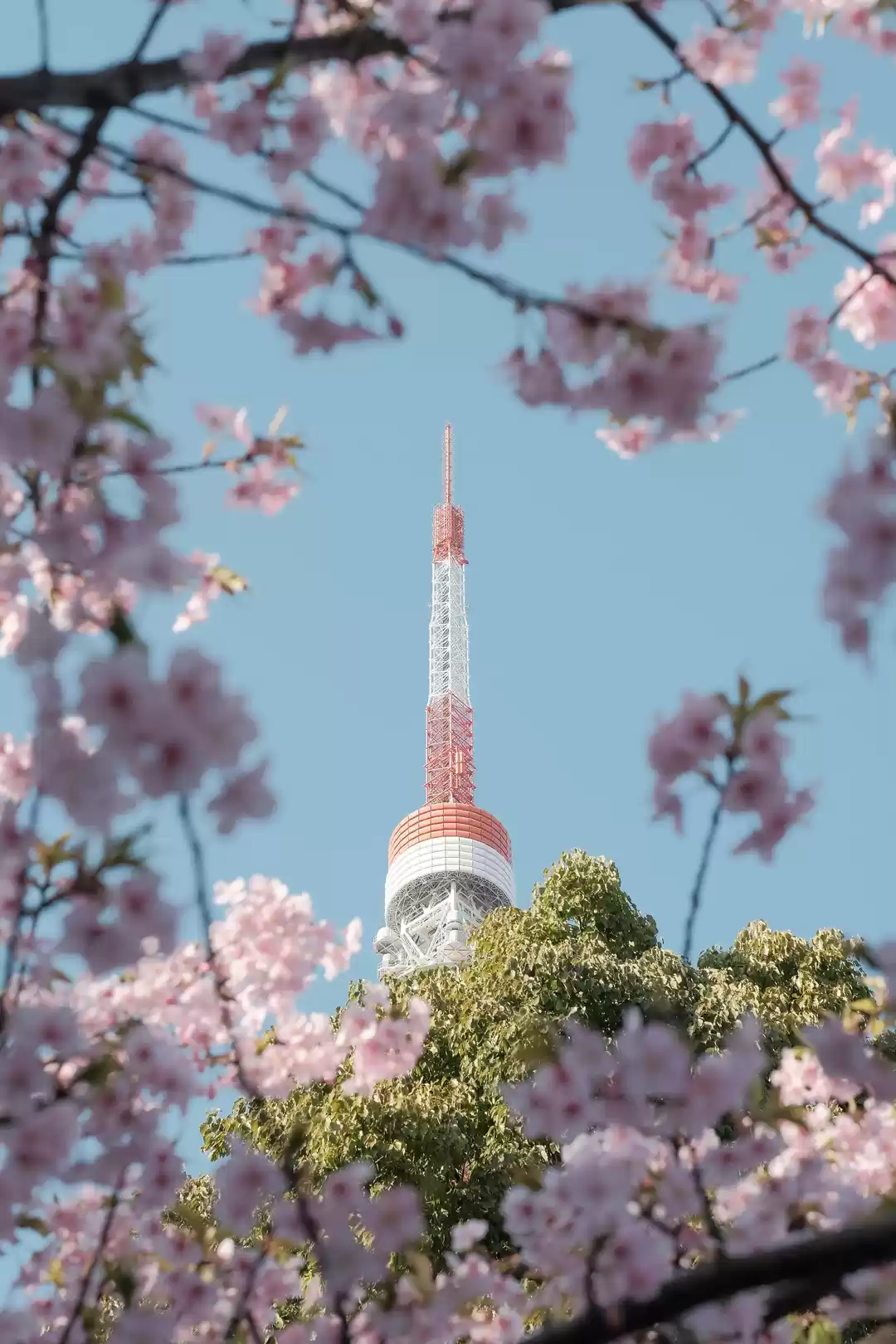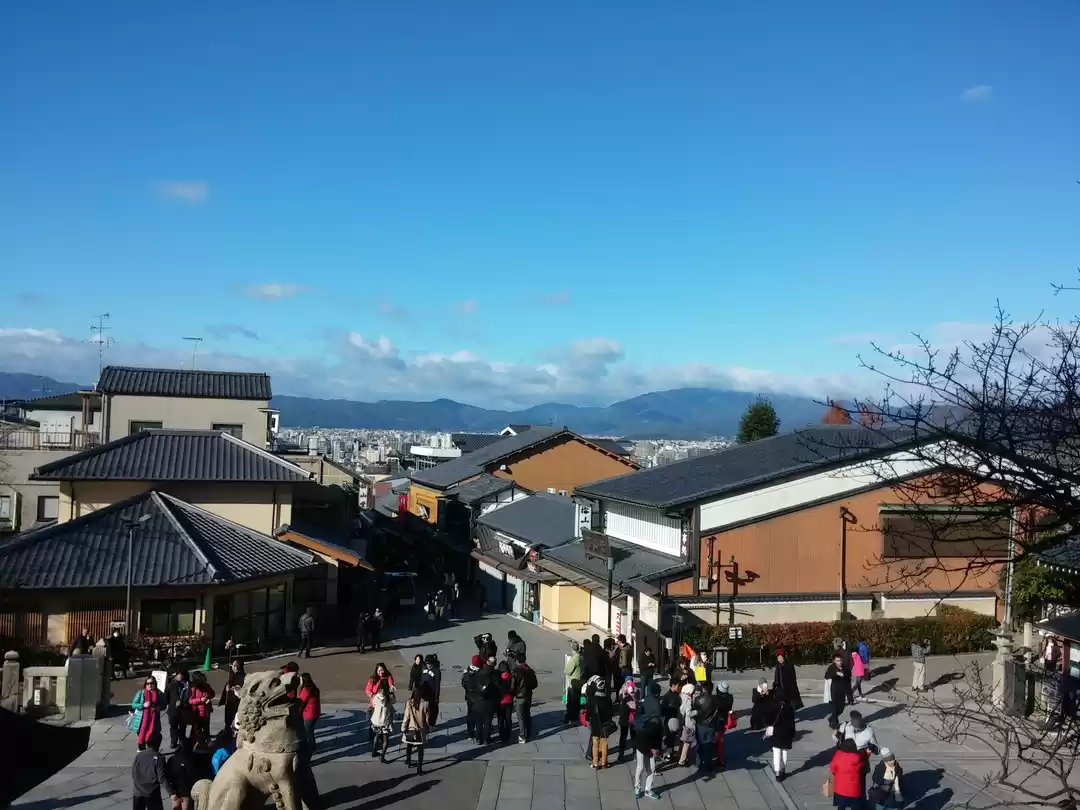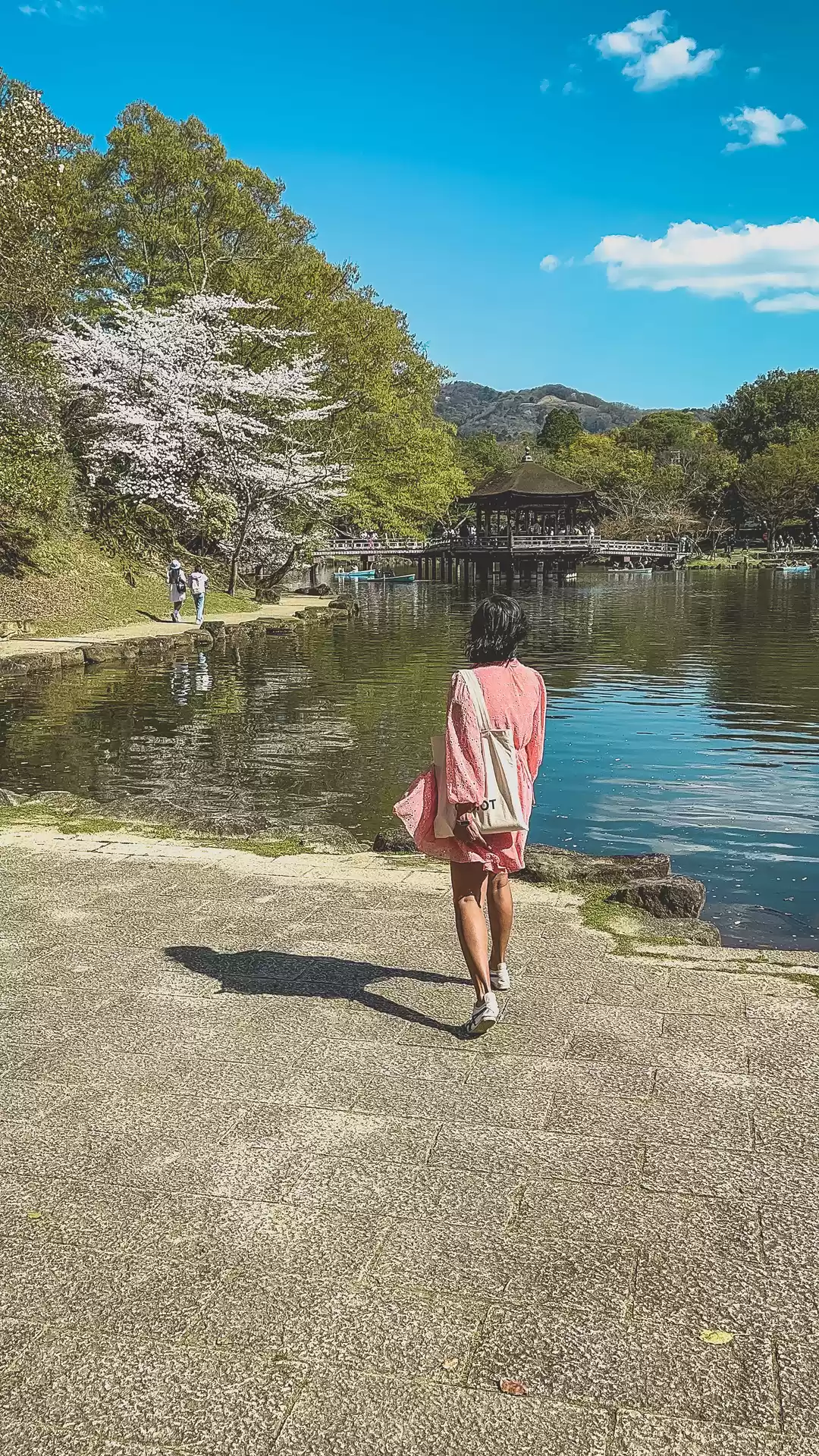
As a spicy food-loving, punctuality-challenged Indian, travelling to Japan may seem like stepping into a parallel universe. Anime, sushi, and cherry blossoms aside, there are many cultural differences that will leave us scratching our heads in confusion or admiration.

Here are 16 mind-blowing cultural differences in Japan that will make you see the world in a whole new light.
1. Don't Leave Your Co-workers Behind

Although not entirely a shocker for Indians (ouch), the working hours in Japan can be quite overwhelming. Unlike other western countries where leaving work at 5pm is the norm, in Japan, it's considered rude to leave before your co-workers. And by staying back and working longer hours, you're actually showing your dedication and passion towards your job. So if you find yourself leaving early, don't be surprised by the confused looks from your colleagues.
2. Time is King

Ah, Indians and their concept of time. We're notorious for our laid-back attitude towards punctuality. But in Japan, time is taken very seriously. If someone tells you to meet them at a certain time, you better be there on the dot. If a train is even a minute late, the train company will apologise and give out late slips for passengers to show their employers or school. So if you're a serial latecomer, be prepared to change your ways.
3. Unfamiliar Drinking Etiquette

Going out for drinks with friends is a common social activity in Japan, but be prepared for a culture shock. In Japan, it's considered rude to pour your own drink. So if your friends keep refilling your glass even after you've politely declined, don't be surprised. It's their way of showing hospitality and having a good time!
4. Uncommon Food Habits
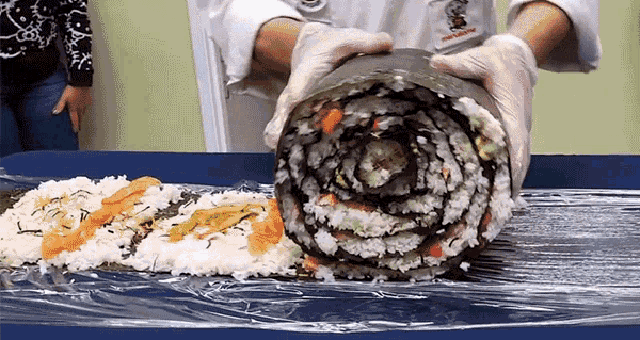
As an Indian, you may be used to deliciously spicy curries and delectable biryanis with good portion sizes. But when you land in Japan, you'll be surprised to see the portion sizes of food being much smaller compared to what you're used to. Healthy and fresh raw fish, raw meat slices and eggs may not be your usual go-to meals, but in Japan, they are quite popular. And the presentation of the food? It's like a work of art that will leave you in awe.
5. Manners Maketh the Man
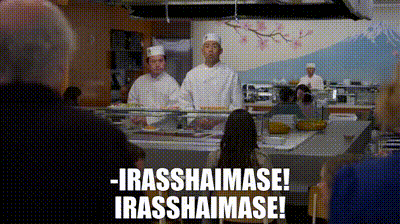
As you walk into a store or pass by one, you'll be greeted with a polite "irasshaimase" which translates to "welcome". While this may seem like a friendly gesture, tourists may feel overwhelmed by this and find it invasive to their personal space. But in Japan, it's considered a polite and welcoming gesture from the store staff. So don't be too taken aback by this customary greeting.
6. XL Might be Rare

If you're planning on shopping in Japan, be prepared for a struggle with sizes. The average person in Japan is smaller than in other countries, so clothing sizes tend to run smaller too. You may have to size up from your usual size to find something that fits comfortably.
7. Public Naked Bathing
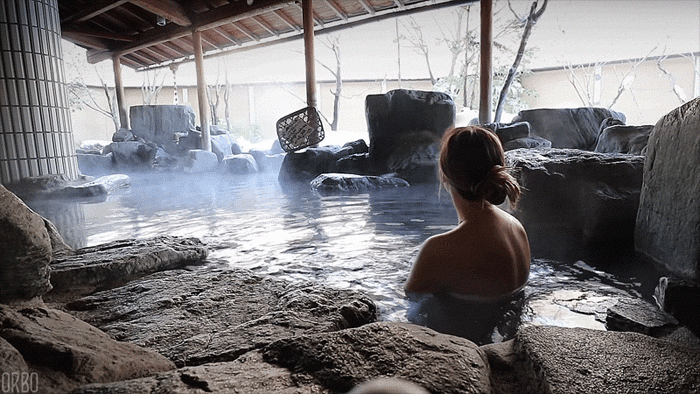
Yes, you read that right. Visiting an onsen (Japanese hot spring) is a popular way to relax and destress after a busy day at work. But be prepared to see everyone confidently walking around naked. While it may seem weird to some, it's a common practice in Japan and is seen as a way to unwind and connect with nature. Don't worry, it's completely optional and you can always choose to not go to an onsen.
8. Grounded Eating

While on the topic of food, don't be surprised to find yourself sitting on cushions around a low table while eating. This tradition is followed in homes with tatami floors to protect them from heavy furniture. But for those who have trouble sitting on the floor, it may take some getting used to.
9. No Tipping

In many countries, leaving a tip is seen as a kind gesture to show appreciation for good service. But in Japan, it's actually considered rude and may offend the chef or staff. So next time you're dining out in Japan, don't reach for your wallet at the end of the meal.
10. Slurping is Good

If you're sitting in a restaurant in Japan, you may notice people making a little noise while eating. This is not considered rude, but a way to show appreciation to the chef for the delicious meal. So go ahead and slurp your noodles loud and proud, it's a sign of a satisfied customer in Japan!
11. The Silence on the Train
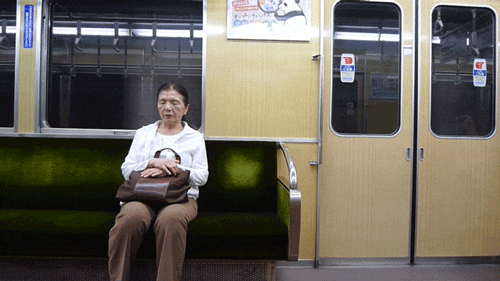
Riding the train in Japan may seem like a slightly eerie experience at first. Unlike India where people are chatting away on their phones or to their friends, the train rides in Japan are silent. It's considered rude to talk loudly or be too chatty on the train, so be prepared for a quiet ride to your destination.
12. Missing Trash Cans

You may have been taught to always throw your garbage in the trash can (at least in a Utopian Indian land), but in Japan, you'll be hard pressed to find one in public places. This is because many trash cans were removed as a security measure after a terrorist attack in 1995. But don't worry, the Japanese have a habit of keeping their trash with them and disposing of it at home.
13. Cold Water is a Must

No matter the weather, you'll always be served cold water in Japan. This is because it's a part of their regular eating habits and also due to their strict water sterilisation laws. So if you're used to warm or hot water, be sure to specify that at restaurants.
14. Everywhere, Everything is Safe

Ever wonder why you hear fewer stories about pickpocketing and theft in Japan? It's because the people are honest and the crime rates are low. You can leave your belongings unattended for a while and they'll still be there untouched. That's how safe and secure it feels in Japan.
15. No Digital & Card Payments

While bank cards and UPI are widely accepted in larger cities in modern day India, in Japan, cash is king. Many local shops and restaurants in the countryside only accept cash, so it's always a good idea to keep some on hand.
16. Cash Trays, Not Hands

When paying for your purchases, you'll notice a small tray on the counter where you're supposed to place your payment. This is a common practice in Japan, as they prefer to use trays to count money instead of passing it hand to hand. Efficient and hygienic, wouldn't you say?
When in Japan, do as the Japanese do! While it may take some time to get used to the cultural differences in Japan, experiencing the people and their way of life may help you find your ikigai. However, both Indians and Japanese have utmost respect for tradition, culture, and community, making it easier to appreciate and adapt to these differences. So go ahead and immerse yourself in this beautiful country, you never know what you might learn and appreciate about yourself and the world around you.
Ready to travel for free? Earn credits and redeem them on Tripoto’s weekend getaways, hotel stays and vacation packages.












